Belgium (Brussels Morning Newspaper) Italian coalition of right-wing parties has secured a comfortable lead in the general elections on Sunday, and its post-fascistic leader Georgia Meloni is set to become the country’s first female prime minister, according to projections.
Meloni, head of the far-right Brothers of Italy (FDI) party, declared victory for her bloc and promised her party would “govern for everyone”, without betraying the trust of the people. “Italians have sent a clear message in favor of a right-wing government led by Brothers of Italy,” she told the crowd of her supporters in Rome.
The right-wing alliance, which called itself the “Centre-right coalition”, also includes the right-wing populist Lega party, led by former Interior Minister Matteo Salvini, and the center-right populist Forza Italia (FI), led by former Prime Minister Silvio Berlusconi. The right-wing parties reached a formal agreement that their joint PM-designate would be the head of the party which wins the most votes in the elections.
Meloni’s FDI is projected to win 26% of the national vote, making it the single strongest party by far in the country – the center-left Democratic Party (PD) is in the far second place with some 19% of the vote, and none of the coalition potential to challenge a right-wing PM nominee.
Only opposition
FdI’s popularity mainly stems from the fact that Meloni was the only parliamentary party leader who refused to back the technocratic unity government headed by former European Central Bank (ECB) Governor Mario Draghi. Despite widespread popular support for Draghi’s government, Meloni was able to position herself both as the only real opposition and as the only party which hasn’t had its shot at leading the country so far.
The elections were marked by the lowest turnout in the history of republican Italy, with only about 64% of the voters casting their ballots – an unprecedented result in a country with historical turnout rates high above 70%. In the 2018 election, despite widespread voter apathy and disillusionment, the turnout was about 10 points higher than on Sunday.
But the Italian public was soured by the events of the past four years, which saw parties switching coalitions, lawmakers switching parties, and government after government being brought down by political power plays.
A government crisis in 2021, while Italy was facing the peak of the coronavirus crisis and its economic fallout, was resolved when President Sergio Mattarella invited Draghi to take over the government as a non-partisan figure, who managed to secure support from nearly all parliamentary parties.
However, the centrist populist Five Stars Movement (M5S) initiated the downfall of the Draghi government in July this year over a disagreement on the economic stimulus. The right-wing Lega also joined in denying its vote to Draghi, prompting him to resign and President Mattarella to call early elections.
Fascist roots
Lega and FI won about 9 and 8% of the popular vote on Sunday, respectively, making both junior partners in the future ruling coalition, with Meloni’s FdI winning more than the other two right-wing parties put together. Even though this result should keep the balance of power relatively clear within the coalition, a number of potential disagreements could come up.
Despite its well-documented fascist roots, Meloni is attempting to paint the current FDI as a mainstream conservative party, comparable to Tories in Britain. Before Russia’s invasion of Ukraine, Meloni was calling for improving relations with Russia but has come out vocally against Moscow and in support of NATO since the war started.
Many pro-European leaders and politicians fear that Meloni, a eurosceptic, would start challenging Brussels’ authority similarly to Poland and Hungary – believing Meloni is politically close to Hungarian Prime Minister Viktor Orbán. Like many far-right politicians in Europe, Meloni is supportive of the anti-gender movement and endorses the Great Replacement, a white nationalist conspiracy theory positing that ethnic Europeans are being replaced by non-whites.
Speaking at a rally held by Spain’s far-right Vox party earlier this year, Meloni herself offered the most succinct summary of her likely political platform: “Yes to the natural family, not to the LGBT lobby, yes to sexual identity, no to gender ideology, no to Islamist violence, yes to secure borders, no to mass migration, no to big international finance, no to the bureaucrats of Brussels!”
Her problem lies in the fact that Draghi envisioned and negotiated a 200 billion euro resilience and recovery plan with Brussels, which will be financed by EU funds. European Commissioner for Economy Paolo Gentiloni – himself a former Italian PM – stressed after the Draghi government collapsed that Brussels will not be open to renegotiating the recovery plan, which is conditioned on a number of reforms. Meloni will be expected to implement these reforms or risk losing out on significant EU funding, a development that could seriously jeopardize the permanently troubled Italian economy.











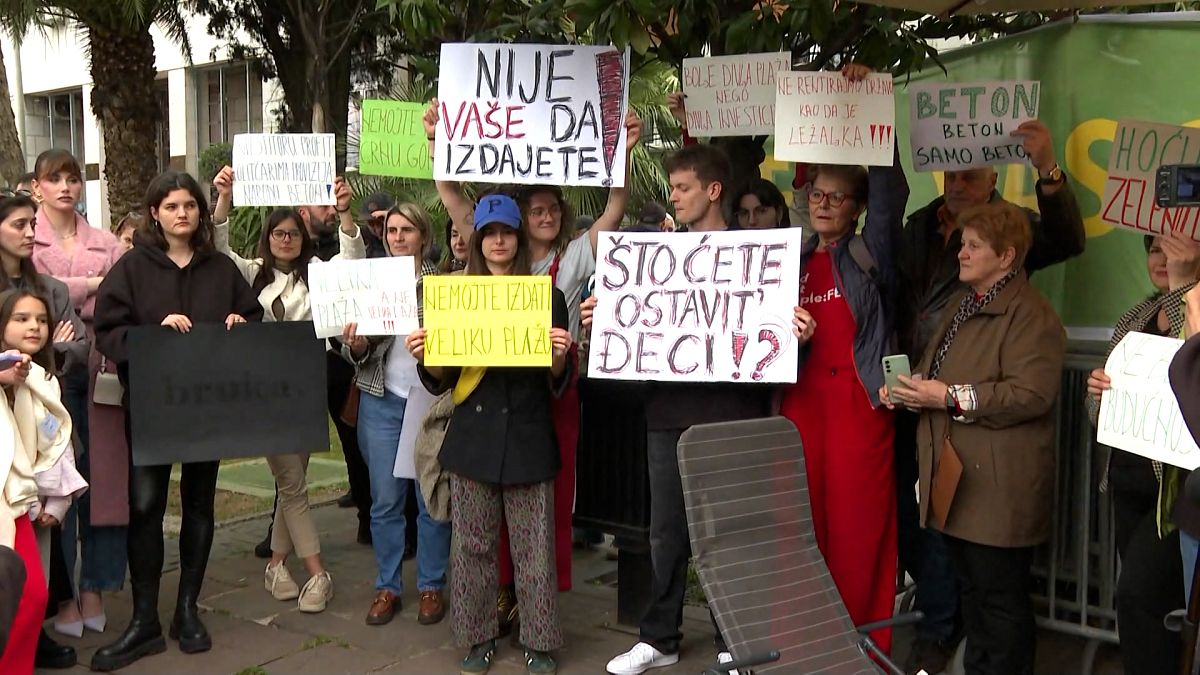


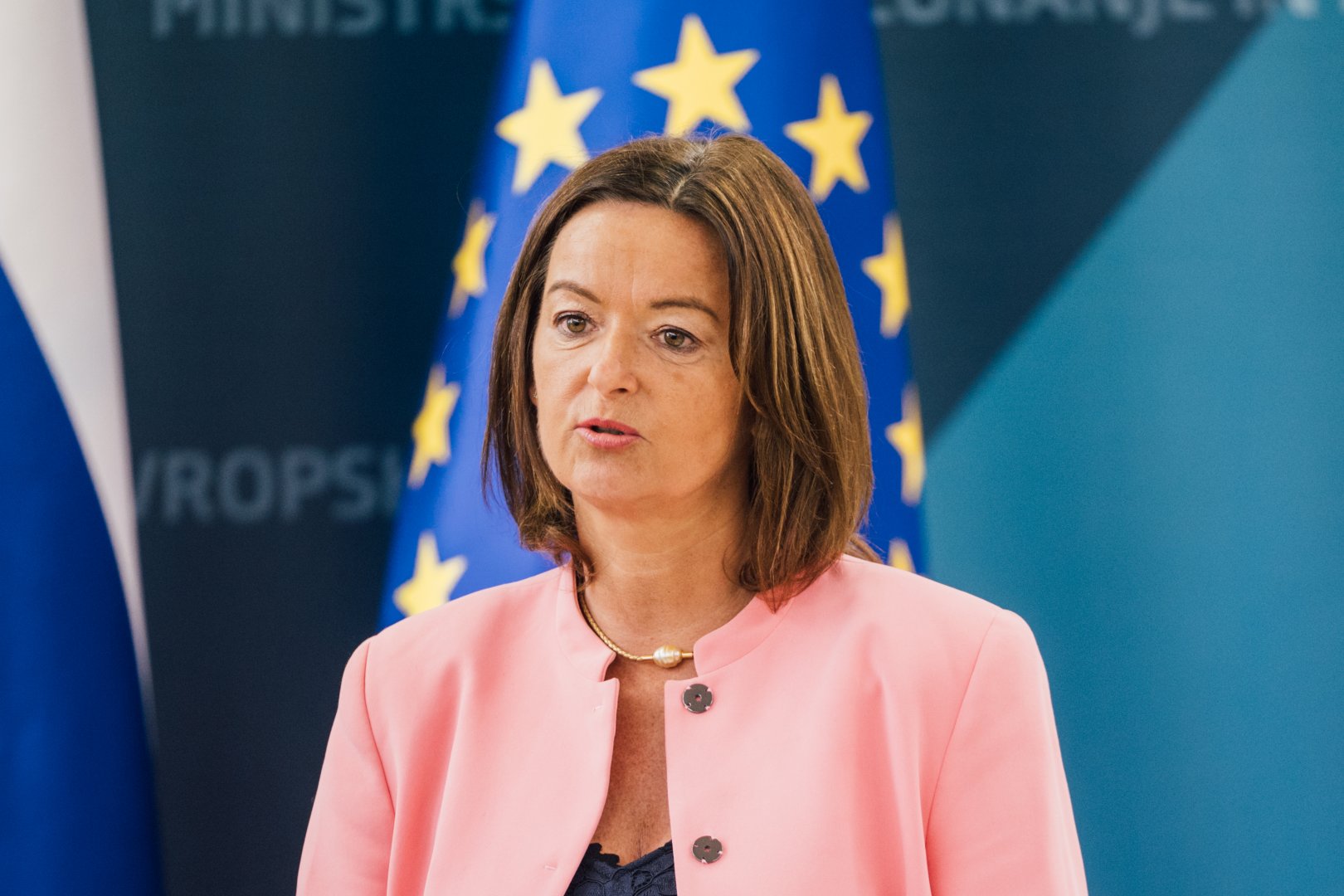
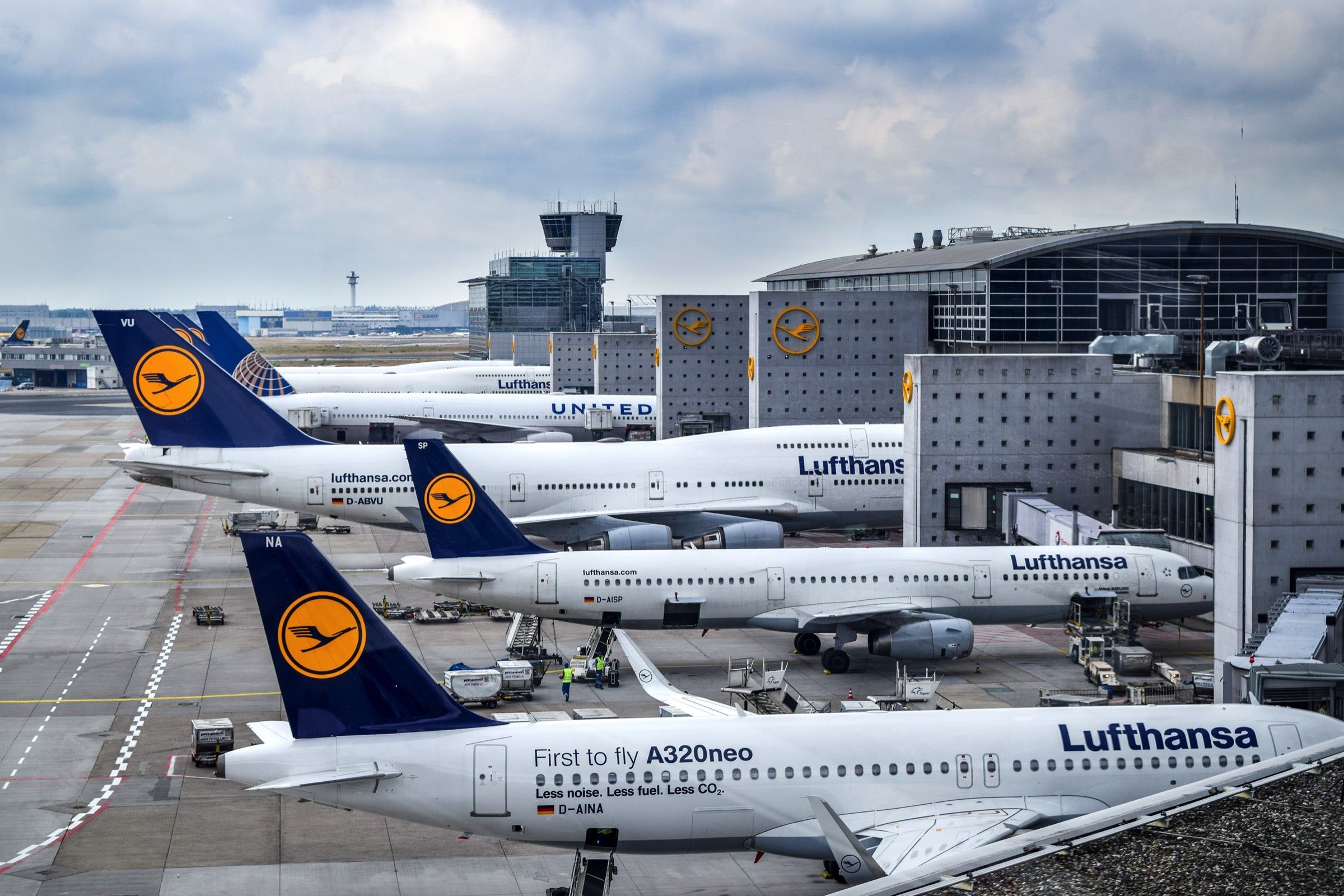

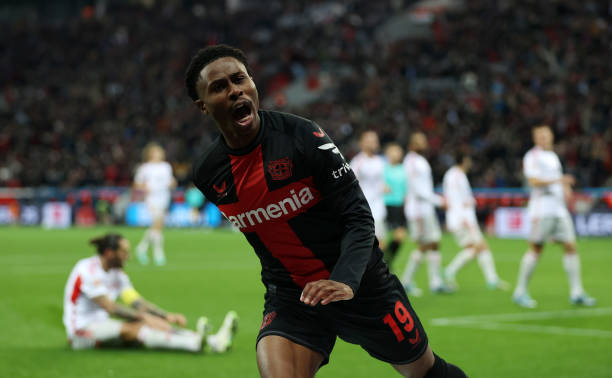

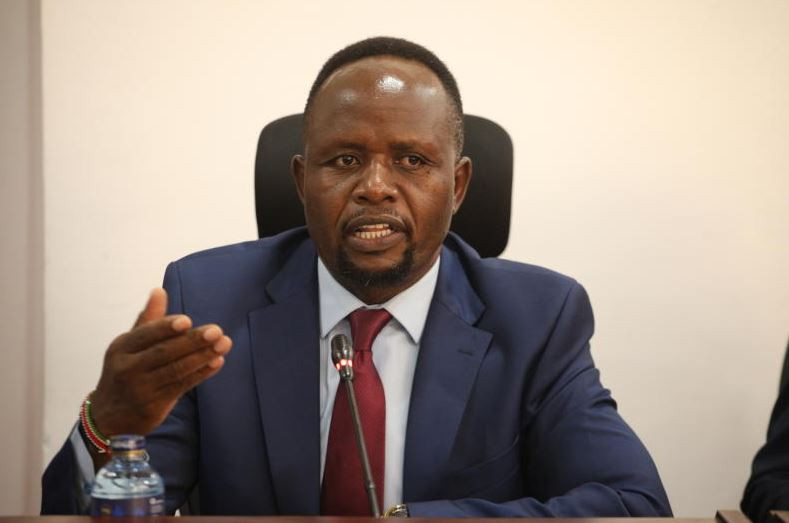
Discussion about this post